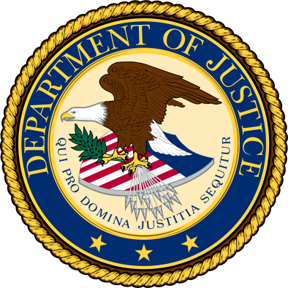The facility compliance reforms in the agreement aim to address concerns about the safety of children at the detention center. The Department of Justice chose Bernard Glos, Ph. D. to replace David W. Roush, Ph. D. as the Protection from Harm consultant.
Below are the reports Dr. Roush and Dr. Glos have written regarding the Court’s compliance with the facility compliance requirements.
When reviewing the data below on JCMSC’s compliance levels, consider the following definitions:
- Compliance means that JCMSC has drafted the relevant policies and procedures, has trained the staff responsible for implementation, has sufficient staff to implement the required reform; has demonstrated the ability to properly implement the procedures over a significant period of time and has ascertained that the procedures accomplish the outcome envisioned by the provision.
- Partial Compliance means that JCMSC has drafted policies and procedures and has trained staff responsible for implementation. While progress has been made toward implementing the policy, it has not yet been sustained for a significant period of time.
- Beginning Compliance means that the JCMSC has made initial efforts to implement the required reform and achieve the outcome envisioned by the provision, but significant work remains. Policies may need to be revised, staff may need to be trained, procedures may need continued implementation to accomplish outcome envisioned by the Agreement.
- Non-Compliance means that JCMSC has made no notable compliance on any of the key components of the provision.
*Note that the number of requirements differs for each report, so the column totals will not be the same across the board. As such, any lack of movement from one category to the next (e.g. from Partial Compliance to Substantial Compliance) should not be seen as a shortcoming of the Court. Please read the reports listed below to be able to discern where and how movement was made between categories.

